All You Need to Know about Prostate Cancer

What Is Prostate Cancer?
Cancer in the body is typically seen when cells start to grow uncontrollably. All organs in our body are susceptible to developing cancerous cells. Prostate cancer is a cancer of the prostate gland responsible for making the seminal fluid that transports the sperm cells. Only men possess this gland; thus, the cancer is unique to males.
There are several types of prostate cancers. Prostate cancer tumors are known as adenocarcinomas. Sarcomas and carcinomas are the two less common types of prostate cancers.
Prostate cancers grow very slowly and often go undetected until it is too late. The cancer can be detected through a biopsy.
The causes of prostate cancer are still not clearly known. Some studies say that prostate cancer is highly prevalent in men over the age of 50.
How to Avoid Prostate Cancer?
Prostate cancer is not entirely unavoidable. Though the causes of prostate cancer cannot be attributed to a single reason, there are several risk factors that you can minimize to reduce your chances of developing it.
Here are some of the steps for prostate cancer prevention:
- Consume a healthy, wholesome diet that is rich in fruits and vegetables. Fruits contain vitamins, minerals, and antioxidants that reduce the occurrence of cancer-causing free radicals.
- Choose nutritious foods over supplements and foods high on preservatives and chemicals. Fresh, balanced, home-cooked meals can significantly reduce the accumulation of toxins in the body.
- Exercise improves overall well-being and reduces obesity. Obesity is one of the biggest reasons for causing prostate cancer in the body. Maintain a healthy weight.
- Talk to your doctor if you have a family history of prostate cancer. Regular annual check-ups can help prostate cancer detection at an early stage.
Is Prostate Cancer Curable?
On a more positive note, emergency prostate cancer treatment may not be needed as it grows extremely slowly. However, some rare and aggressive forms of prostate cancer require immediate treatment. A team of oncologists and urologist can help decide on the type of prostate cancer treatment. Treatment usually depends on the following factors:
- The grade and stage of prostate cancer
- Level of risk for developing the disease
- The patient’s age and overall health
- Preferences about the type of prostate cancer treatment and tolerance for side effects
The type and duration of treatment will entail considering the side effects and how the treatment will impact the patient’s quality of living. Usually, doctors combine surgery and chemotherapy for prostate cancer treatment.
What Are the 5 Warning Signs or Symptoms of Prostate Cancer?
A prostate cancer diagnosis is made after the onset of symptoms of prostate cancer. Some of the early warning signs are:
- Pain in the lower pelvic area, back, and legs
- Trouble urinating or frequent urination and blood in the urine
- Painful ejaculation
- Appetite changes
- Bone pain and weight loss
These are some of the overarching signs of prostate cancer. They can be more severe if the cancer spreads to other organs in the body.
How to Prevent Prostate Cancer?
There is no specific approach for Prostate cancer prevention but the risk can be moderated by doing heart-healthy activities. Eating right, exercising, watching one’s weight, and following a stress-free lifestyle can significantly reduce the risk of prostate cancer.
Some practitioners recommend taking drugs such as finasteride and dutasteride for high-risk patients. However, the efficacy of these drugs is not entirely certain. Visit a reputed hospital to get a thorough medical opinion from a specialist before starting any treatment.
How Does Prostate Cancer Occur?
Prostate cancer usually occurs due to the presence of a malignant growth, also known as a tumor. These tumors can:
- Be life-threatening
- Metastasize or spread to nearby organs
- Can be removed surgically
The cancerous cells of the tumor break away and spread to the other parts of the body by traveling through the blood and lymph nodes. These then attach to new organs and form new tumors. The new tumor has the same name as the original or primary tumor. For example, if the cancer spreads to the bones, it is still called metastatic prostate cancer. Once it spreads extensively, it becomes life-threatening and challenging to treat.
Despite the high incidence of this cancer, men are surviving prostate cancer and leading perfectly normal lives. The disease is completely manageable if caught early and given the proper treatment.
Get a free second opinion by consulting our cancer specialists at Yashoda Hospitals, Hyderabad.

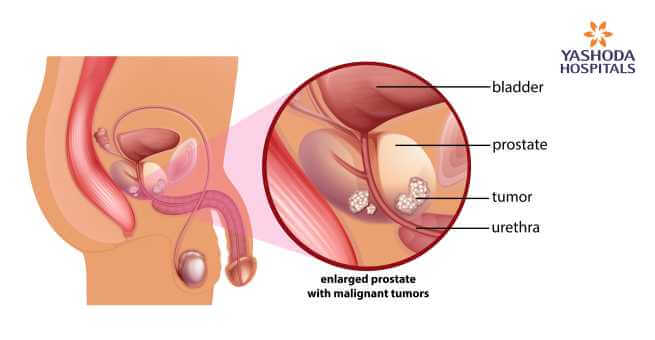




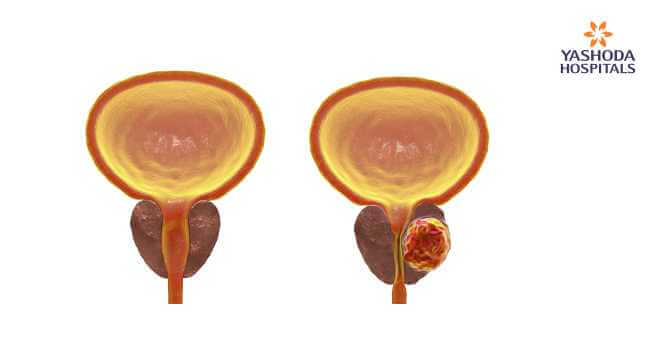
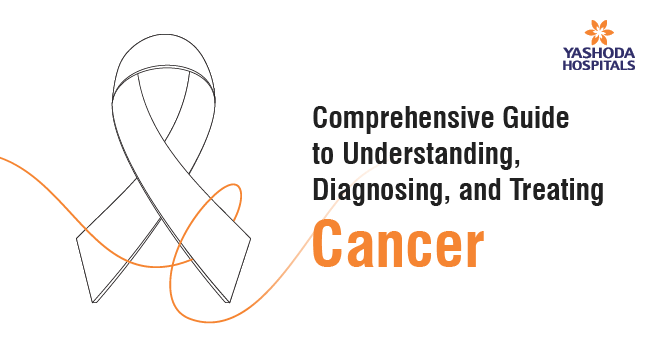


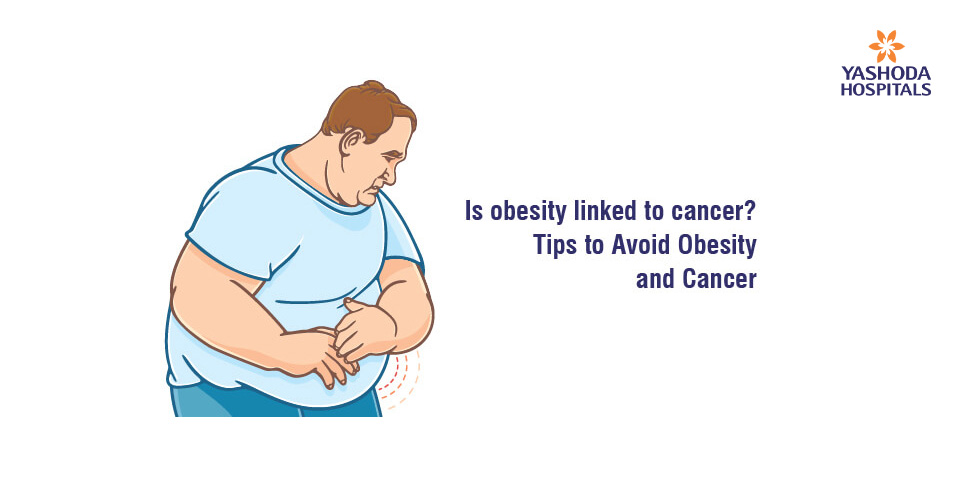


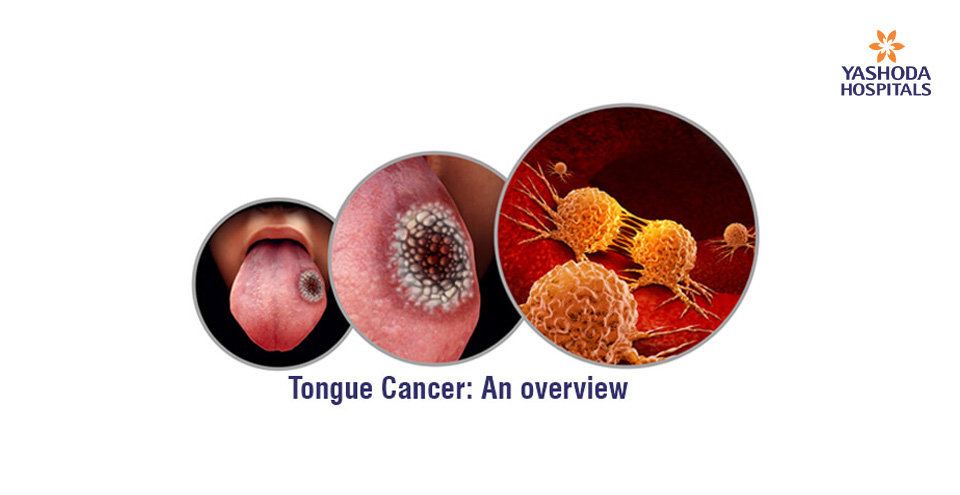
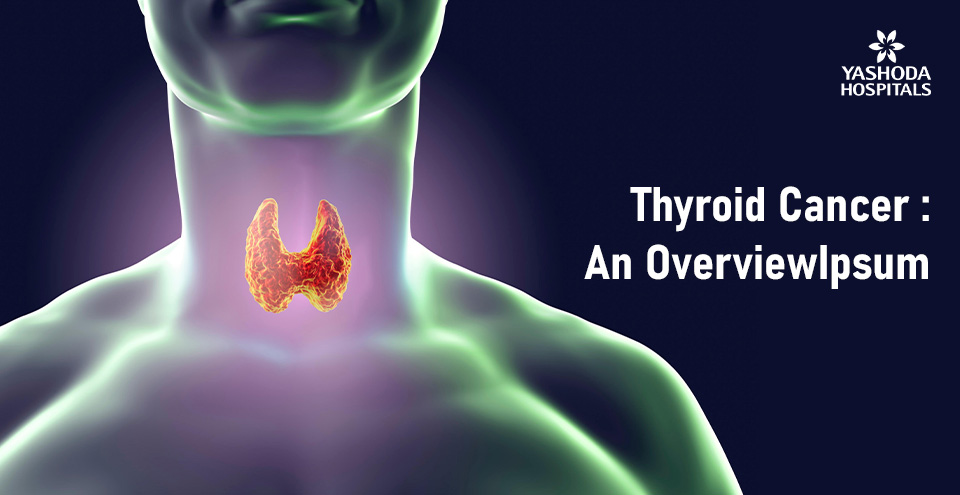
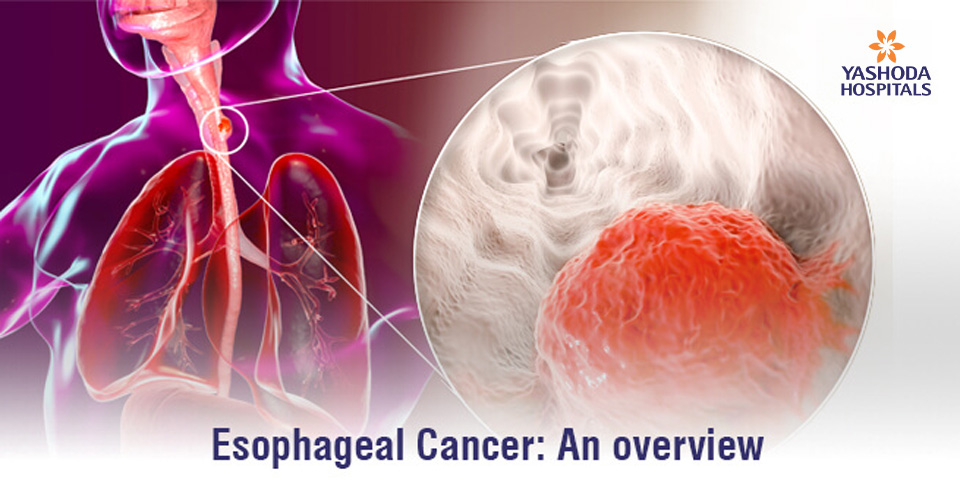

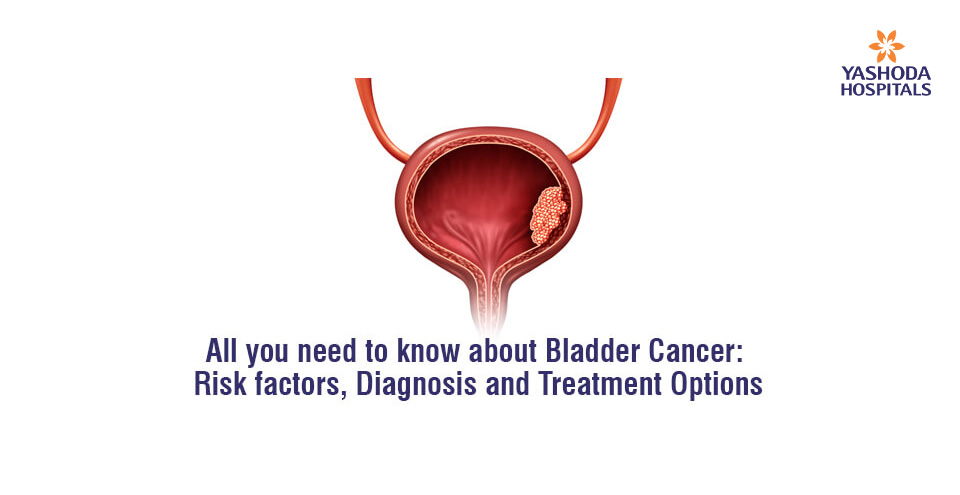





 Appointment
Appointment WhatsApp
WhatsApp Call
Call More
More

